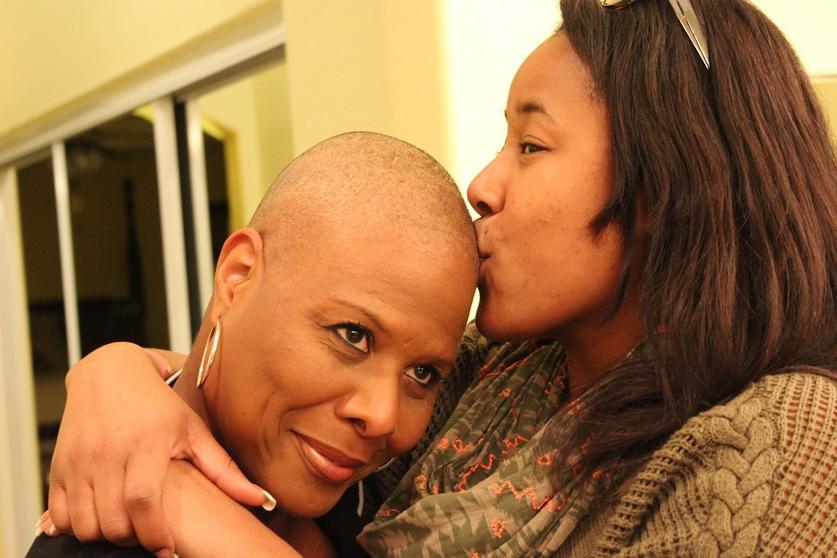
For this study, researchers evaluated the outcomes of 2494 young and working-age women with breast cancer diagnosed between 2008 and 2013; 49% of patients were black and 51% were white. Study participants granted investigators access to medical records and completed questionnaires that detailed socioeconomic status, demographics, access to care, health-related quality of life, and the financial impact of cancer treatment at 5 months (baseline) and 25 months postdiagnosis.
Results showed that 58% of black women reported experiencing negative financial impact since diagnosis compared with 39% of white women (P <.001).
Once adjusted for age, stage at diagnosis, and treatment received, further analyses showed that black women were more likely to report significant cancer-related financial adverse events, including income loss, job loss, healthcare-related transportation barriers, healthcare-related financial barriers, and loss of health insurance.
Socioeconomic status may also be a key contributor; once factored, the impact of race on financial outcome measures was lessened. However, the effect of race still remained significant for income and job loss, transportation barriers, and overall financial impact.
The authors concluded that “an urgent need exists for research on the financial needs of diverse patients with breast cancer as well as for the development of interventions and support tools that identify and match patients to resources for financial assistance, can be delivered broadly across a variety practice settings, and are user friendly to facilitate discussions between patients and providers about addressing financial barriers to treatment.”
Reference
Wheeler SB, Spencer JC, Pinheiro LC, et al. Financial impact of breast cancer in black versus white women [published online April 18, 2018]. J Clin Oncol. doi: 10.1200/JCO.2017.77.6310









